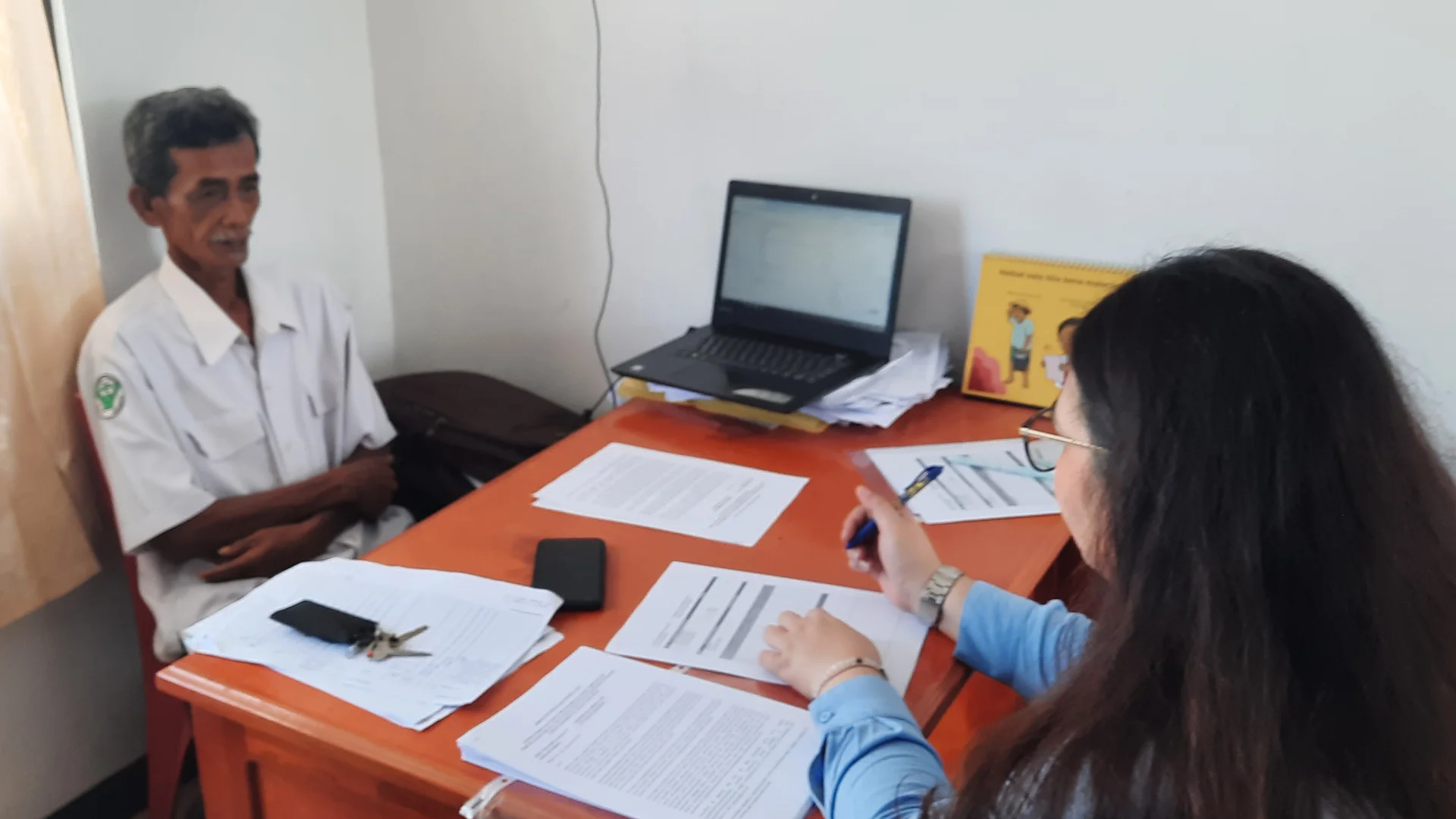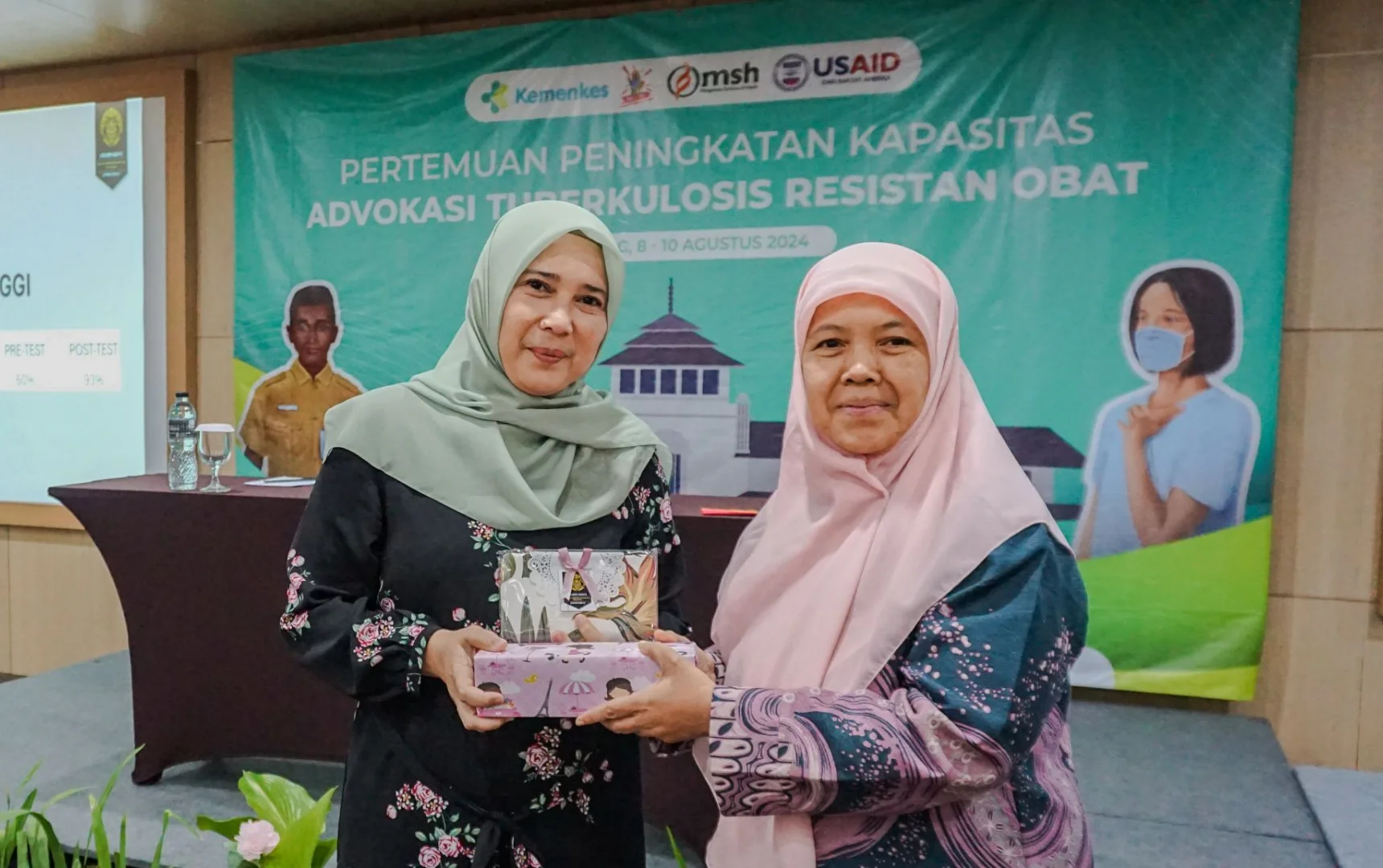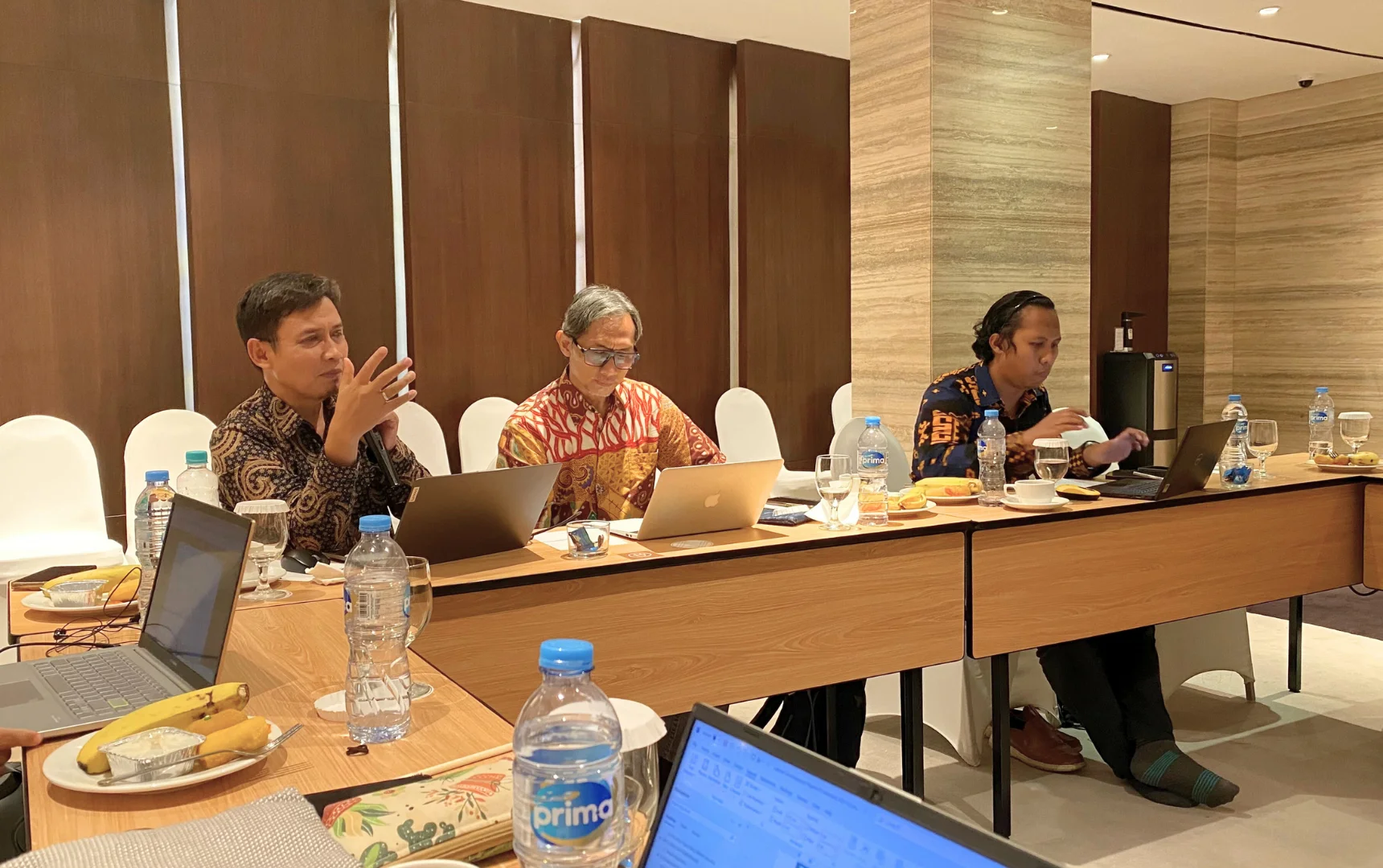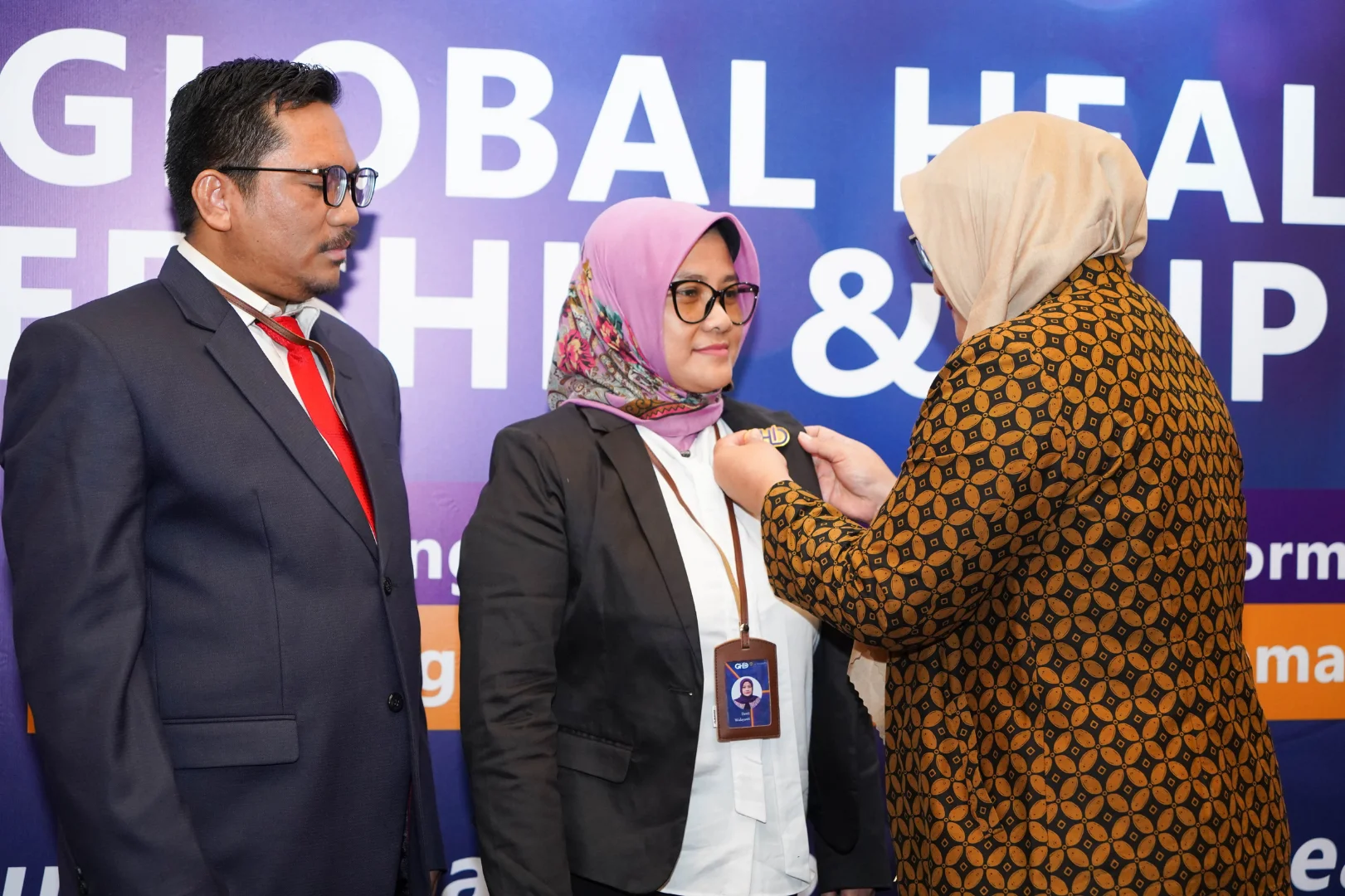Advancing Evidence for Malaria Elimination in Indonesia
Malaria remains a persistent public health challenge in Indonesia, particularly in high-endemic provinces such as Papua, East Nusa Tenggara, West Papua, North Sumatra, and East Kalimantan. Despite global progress in reducing malaria cases and deaths, several regions of Indonesia continue to face high incidence and mortality, posing obstacles to the national target of malaria elimination by 2030.
To help address these challenges, CHAMPS Faculty of Public Health Universitas Indonesia, with support from the World Health Organization (WHO), has been conducting a multi-year research project titled:
Estimation of Malaria-Related Mortality Through Mortality Audits and Mathematical Modelling to Assess the Effectiveness of Intervention in High Endemic Provinces in Indonesia.
The research was conducted in Pesawaran District as our study trial location, and in Jayapura District, Keerom District, Penajam Paser Utara District, Jayapura City, and Yahukimo District as our main study locations.
The study began with obtaining ethical review approvals from both the Indonesian Ethical Review Committee and the WHO Ethical Review Committee (WHO ERC). This process took nearly a year. Following approval, the contract was signed, and the project implementation commenced. In total, the study was carried out over a two-year period, covering preparation, fieldwork, data analysis, and reporting.
About the Study
The study covers the period 2010-2024 and focuses on:
- Conducting malaria mortality audits to generate updated evidence on the true burden of malaria-related deaths in Indonesia.
- Identifying risk factors associated with malaria mortality at both individual and community levels.
- Evaluating the impact of key malaria control interventions, including prevention, diagnosis, and treatment.
- Developing mathematical models to assess the effectiveness of interventions and inform future strategies.
Why It Matters
Findings from this study are expected to provide critical evidence for strengthening malaria control and elimination programs in Indonesia. The insights will help policymakers and health authorities to:
- Improve early detection and treatment of malaria cases.
- Enhance surveillance and monitoring systems.
- Strengthen community engagement and health system capacity.
- Support Indonesia’s pathway toward achieving malaria elimination.
Next Steps
The CHAMPS research team is in the process of submitting the full study results for publication in peer-reviewed journals. Once published, detailed findings and policy recommendations will be shared with stakeholders and the broader public health community.
This research underscores CHAMPS’s commitment to advancing health policy and systems research in Indonesia, and to contributing to global efforts in achieving malaria elimination.









